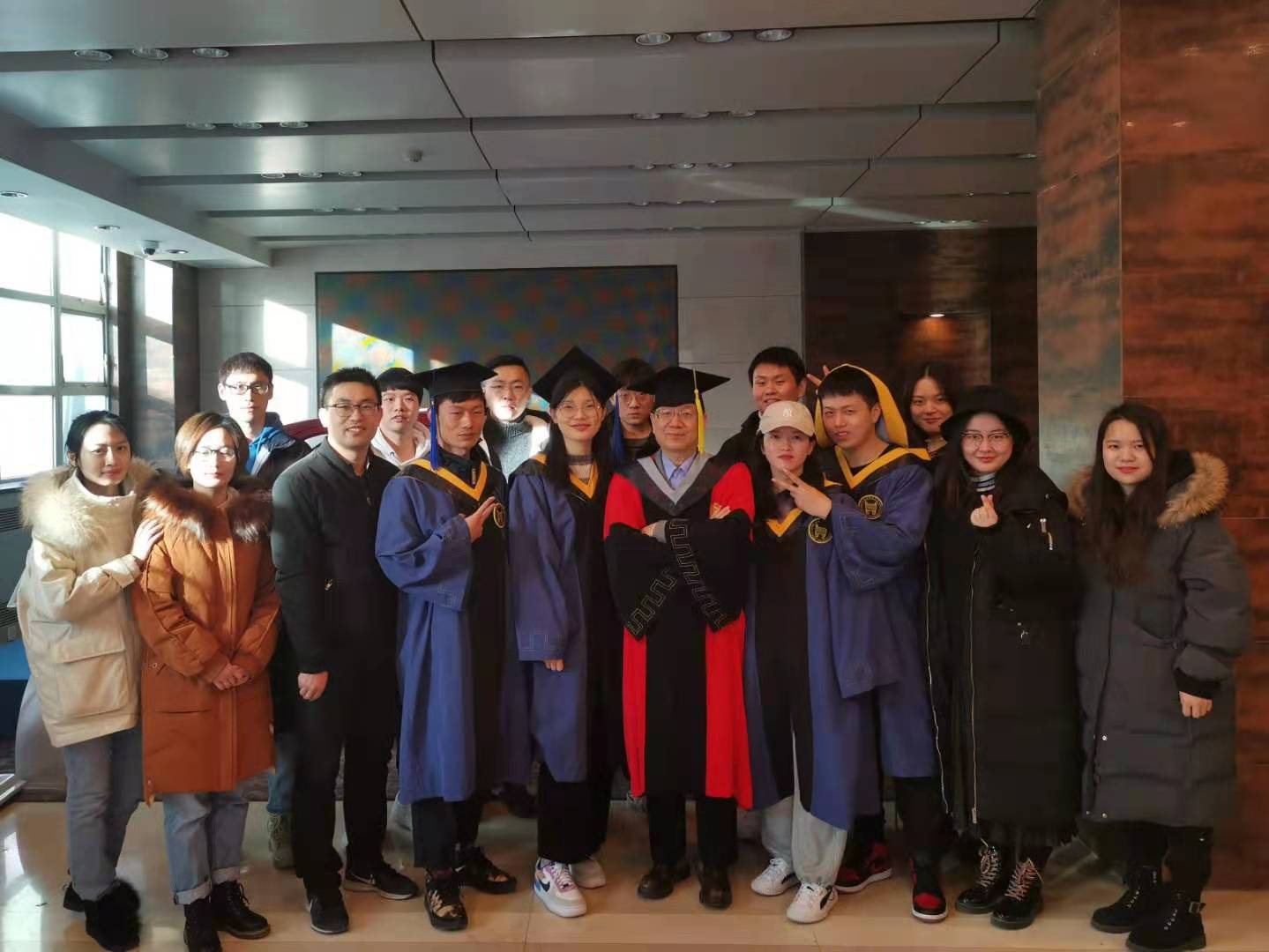In the iron and steel industry, the amount of circulating cooling water is large, and the water demand per ton of steel is about 25 tons, of which the circulating water is about 22 tons and the fresh water consumption is about 3 tons. During continuous casting and hot rolling, the turbid water is in direct contact with the objects to be cooled (continuous casting turbid water and casting billet, continuous casting machine; hot rolling turbid water and steel billet, rolling mill, roller table, etc.) , metal dust, oil pollution and other impurities, resulting in nozzle blockage of the spray system and filter material hardening and bias flow. The use of composite membrane filter tubes to replace the quartz sand and other filter elements in the sand filter has a significant effect on the purification and filtration of turbid water in iron and steel enterprises. The filtered water can reach drinking water level after ultrafiltration membrane, reverse osmosis membrane and disinfection treatment. , it is of great significance for alleviating the problem of increasing scarcity of water resources, and the technology can also be extended to the purification of industrial sewage such as chemical industry and mines.
Based on the National Science Foundation Project (51974022) of "Wetting Characteristics and Liquid-Solid Separation Mechanism of Metallurgical Wastewater Filtration and Purification Process", Professor Yuan Zhangfu from the Green Metallurgy Team and the team of Professor Dong Hongbiao from the University of Leicester, UK, jointly applied for international cooperation with the National Natural Science Foundation of China The exchange (NSFC-RS Sino-British) project "Industrial Circulating Water Drinkable Treatment: A Novel Nano-Oxide Composite Membrane Purification Technology" was funded by The Royal Society. The cooperative team of this project is the team of Professor Dong Hongbiao of the University of Leicester. Dong Hongbiao, Bachelor and Master of Metallurgical Engineering, University of Science and Technology Beijing, Ph.D. in Materials Science from Oxford University, Professor of Materials Engineering at Leicester, Research Professor at Royal Academy of Engineering, Doctoral Supervisor, Academician of British Society for Materials, Senior Member of Chinese Society for Metals, Doctor of EPSRC Metal Materials Processing Director of the training center, convener of the Engineering User Committee of the National Science and Technology Equipment Committee of the United Kingdom, president of the Nanjing Institute of Technology, and vice-chairman of the British Chinese Professors Association. He has served as an industrial researcher at the Royal Society of the United Kingdom, chief scientist of the EU 7th Framework Agreement Welding Simulation Project, former chairman of the British Chinese Materials Society, founder of the China-UK Steel Research Forum, and former chairman of the Chinese Students and Scholars Association of Oxford University. Professor Dong Hongbiao's scientific research has been funded by research funds from EPSRC, The Royal Society, Royal Academy of Engineering, and many internationally renowned companies in the European Union. He has published more than 150 books, treatises, and reviews in international core journals in the fields of Nature Communications, Acta Materials, MMTA, Scientific Reports, and Scripta, and has obtained two international patents. He has long been engaged in metal solidification and its application in casting, welding and applications in additive manufacturing, single crystal and nickel-based superalloys for gas turbines and their processing technology, X-ray imaging technology and its application in materials science and engineering, solidification theory, multi-scale and multi-physics in metal material processing The research fields of computational simulation, metal material phase transition thermodynamics, kinetics and material thermal analysis have achieved internationally recognized important research results, and have won the Global Manufacturing Technology Achievement Award issued by the British Department of Industry and Trade and the British Business Association.
The team of Prof. Hongbiao Dong from the University of Leicester and Prof. Zhangfu Yuan from the University of Science and Technology Beijing successfully held the first International Symposium on Interfacial Phenomena in Metallurgical Processes in the UK in August 2019. Academic exchanges in the fields of liquid-solid phase transition and interfacial phenomena under extreme conditions such as microgravity have achieved good results. In this project, the two parties will exchange results on scientific issues such as the structure-activity relationship between the micro-nano structure of the composite membrane filter tube and the interface wettability regulation, the essence of liquid-solid separation and oil-water separation on the membrane surface, and the anti-fouling property of the membrane surface.

Professor Yuan Zhangfu's research group